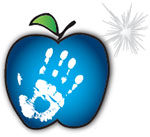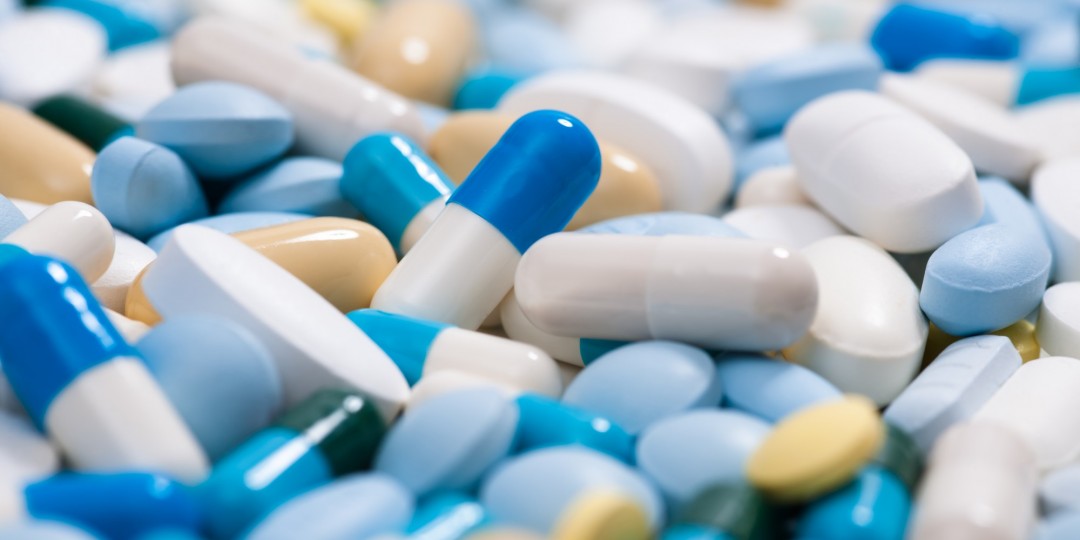
Medication errors can be deadly, so developing a plan to help you avoid them is a must. The best way to prevent a medication error is to know your medications and know them well. Creating a personalized medication record will help you keep track of your medication so that you are fully aware of what you are putting into your body . If you are unable to create a medication record yourself, ask your caregiver, doctor or pharmacist to help. Remember, you are the boss when it comes to your medication and taking a proactive stance will help ensure your medication safety. Medication safety means taking the right medication, at the right time and in the right way. Doing so can improve your health and could save your life.
At the Doctor’s Office:

- Understand why you are taking each medication.
- Talk with our doctor about each medication. Learn the dosage (how much you take), directions (how to take it) and what to do if you forget to take your medication.
- Ask about any side effects and what to do if they occur.
- Tell our doctor about all the medications you take, including prescription drugs, vitamins, and other natural remedies such as herbal products.
At the Pharmacy:
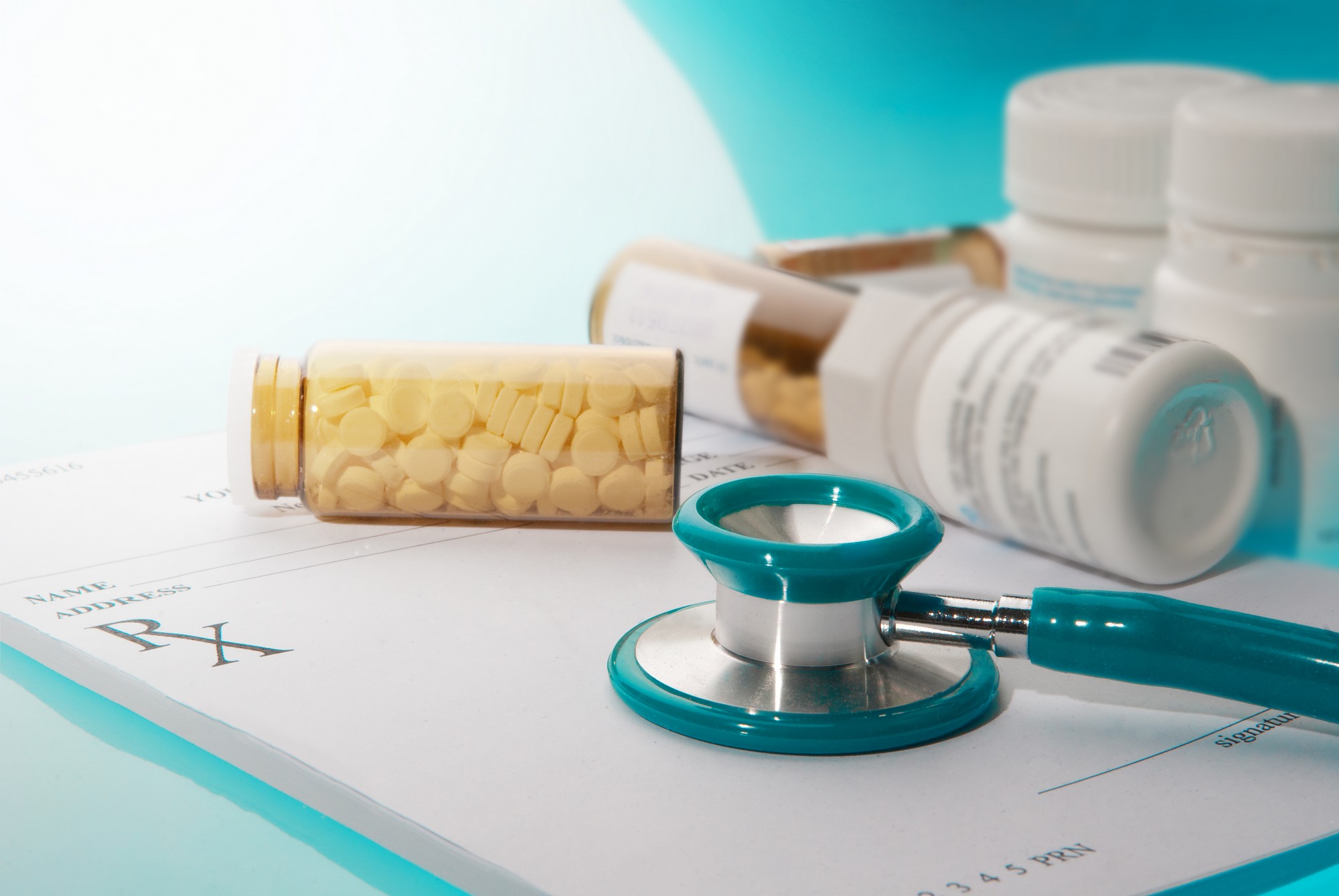
- If you can, use the same pharmacy each time you fill a prescription.
- Give your pharmacist all necessary information. This includes any drug allergies you may have and a list of all the medications (prescription and non-prescription), vitamins, and natural remedies (if any) that you take.
- Make sure you receive the correct medication. Read the label on the pill bottle to make sure that the instructions and dosage are the same as your doctor ordered.
- Ask for written information about each medication. Read it.
- Carry a medication list of all the medications you are taking including prescription and non-prescription drugs, vitamins, and other natural remedies such as herbal products. Share this with our doctor at your next visit.
- If you take more than 5-7 medications, you may need to use a pill box to avoid missing a dose or double dosing.
At Home:
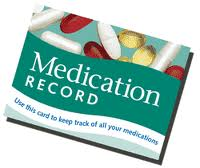
- Take your medication only as prescribed. Don’t take more or less than the doctor ordered, and never take someone else’s medication.
- Be aware of any side effects or bad reactions (such as dizziness or nausea). Call your doctor or pharmacy if you do not feel well.
- Keep all medication in the original pill bottle or package. Store in a cool dry place. Be sure to keep all medication out of the reach of children.
- Pay attention to expiration dates on the pill bottle. Throw out medications that are past their expiration date.
- Make a complete, up-to-date list of your medications. Here is a form to help you. Keep copies at home and in your wallet. Think about giving a copy to a family member or close friend.
In the Hospital:
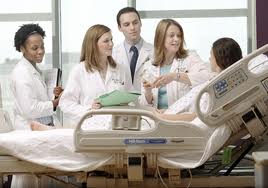
- Let the hospital staff know about all the medications you take. You can do this with a written list of your medications, or bring all your medications (in their original bottles or packages) to the hospital with you.
- Talk with our doctor about all new medications. For each, ask how to take it and why you need it.
- Tell your nurse if you think you are not getting your medication on time, and speak up if you think you are getting the wrong medication.
- Before you leave the hospital, ask for a list of all medications you need to take at home. Make sure you know how to safely take each of them.
